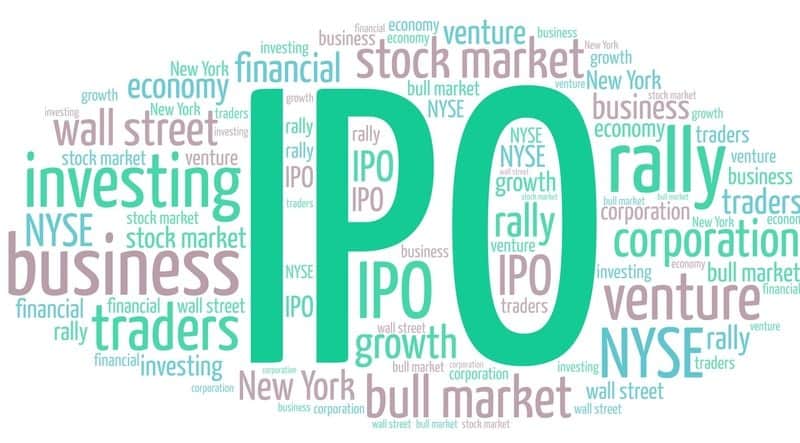Legend Biotech has filed for an IPO. The Chinese CAR-T player plans to list its stock in the U.S. to fund the advance of a pipeline spearheaded by Johnson & Johnson-partnered anti-BCMA JNJ-4528.
As it stands, Genscript Biotech owns the lion’s share of Legend. However, with JNJ-4528 closing in on a filing for approval and Legend trialing multiple other CAR-T therapies that are driving up Genscript’s costs, the parent company has decided now is the time to spin its cell therapy unit out and list its stock in the U.S.
Genscript disclosed the plan in a filing (PDF) with the Hong Kong stock exchange that revealed Legend has submitted IPO paperwork to the U.S. Securities and Exchange Commission. The filing is confidential, for now, meaning key details of how much Legend hopes to raise and why remain under wraps.
While those details will only emerge at a later date, earlier notices from Genscript and Legend have illustrated the state of play at the CAR-T player. Last month, Genscript, which has revenue-generating service units, issued a profit warning after a preliminary assessment of its books suggested it is on track to record a loss of up to $144 million in 2019. In 2018, Genscript booked a profit of $21 million.
Genscript attributed the loss to “a substantial increase in research and development expenses arising from the commencement of clinical trials of BCMA and new cell therapy pipelines for treating diseases such as hematologic malignancies, solid tumors, and infectious diseases.” With Legend set to invest $56 million in a CAR-T plant, the period of high spending is poised to continue.
The investment reflects a belief that Legend is equipped to make a mark in a CAR-T space dominated to date by U.S. companies. J&J helped to put Legend on the map in 2017 when it paid $350 million upfront for a global license to anti-BCMA autologous CAR-T JNJ-4528, also known as LCAR-B38M. The deal positioned the companies to evenly split profits generated outside of China.
Since then, data on JNJ-4528 has gone some way to validating J&J’s bet on the asset. Late last year, J&J posted results from a phase 1b trial that linked the CAR-T to a 69% complete response rate in multiple myeloma patients who had received a median of five prior treatments. All 29 participants responded to the drug.
The data set JNJ-4528 on a path that Legend expects to lead to filings for approval in the U.S. and Europe in the second half of the year. JNJ-4528 will potentially compete against drugs that target BCMA in other ways, including GlaxoSmithKline’s antibody-drug conjugate and Amgen’s bispecific T cell engager.
For Legend, JNJ-4528 is one part of a much broader pipeline. The biotech has autologous CAR-Ts against CD19xCD22 and CD33xCLL-1, plus an allogeneic cell therapy, in the clinic in hematological cancers. Legend’s pipeline also features an allogeneic cell therapy that is being tested in gastric and pancreatic cancers.
Legend wants money to support the advance of those programs. Yet, with financial markets in their most turbulent state in years, there remain doubts about whether the current crop of IPO prospects will be able to get their offerings away.

